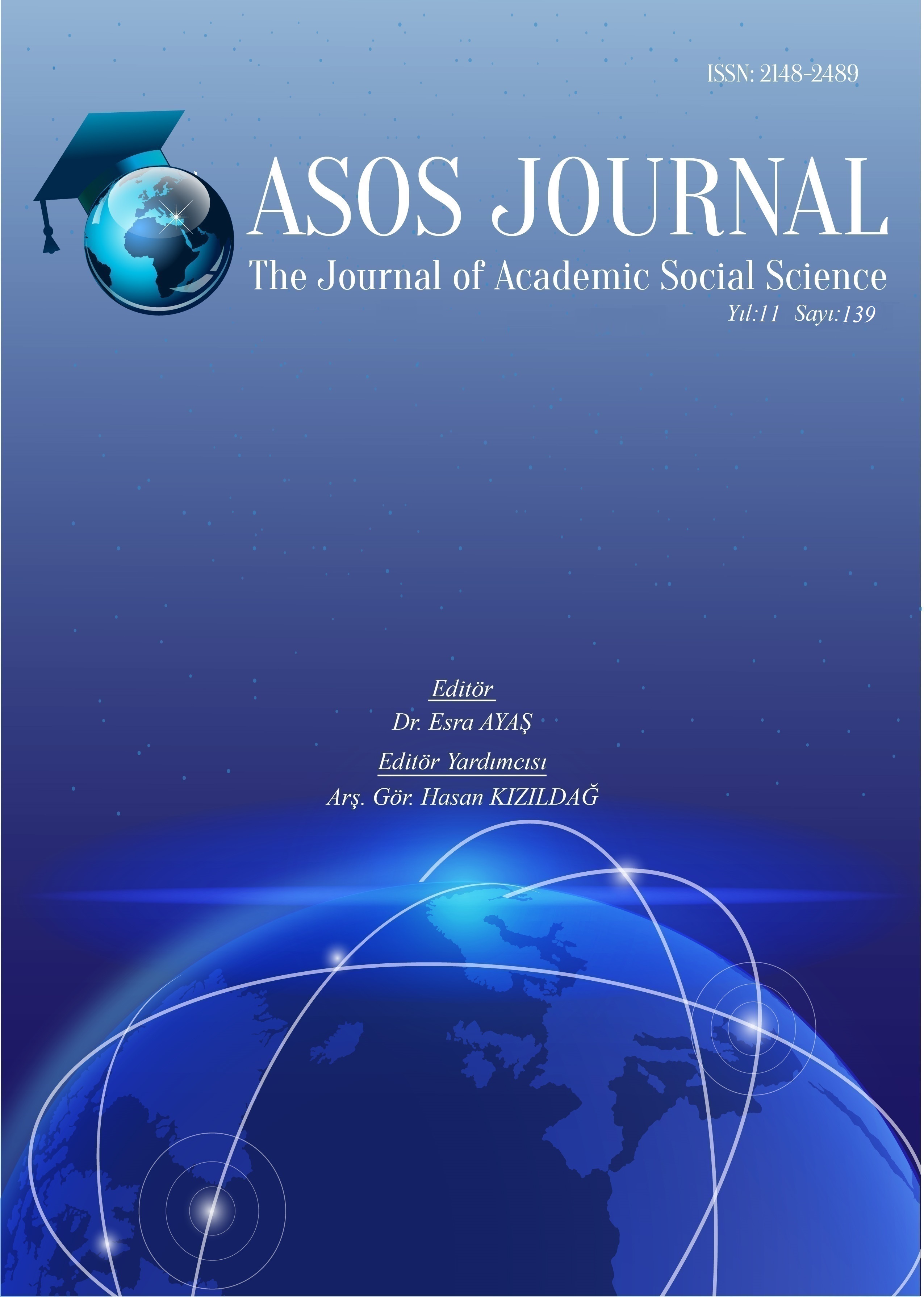Author :
Abstract
The aim of the study is to determine the views of instructors on distance education practices. Phenomenological design, one of the qualitative research methods, was used in the study. The participants consisted of 48 instructors working in universities in the Eastern Anatolia Region. A semi-structured interview form was used to collect data. In the interview form, the answers to the question "What are your opinions about distance education?" were divided into two categories as positive and negative. The answers to the question "What are the positive and negative aspects of distance education compared to face-to-face education?" were grouped into two categories: educational difficulties and advantages. The opinions of the lecturers regarding the question "What factors do you think affect distance education?" were included under the category of psychological difficulties. It was seen that the lecturers had positive opinions such as easy access of students to the courses, no time and place obligation, the comfort of working from home and creating free time. In addition, it was determined that they had negative opinions about distance education such as ineffective communication with students, low student participation, difficulty in establishing healthy relationships, and causing stressful work. Based on the results, it can be suggested that in-house studies should be carried out in universities to increase cooperation on distance education and instructors should be guided to choose the right technology.
Keywords
Abstract
The aim of the study is to determine the views of instructors on distance education practices. Phenomenological design, one of the qualitative research methods, was used in the study. The participants consisted of 48 instructors working in universities in the Eastern Anatolia Region. A semi-structured interview form was used to collect data. In the interview form, the answers to the question "What are your opinions about distance education?" were divided into two categories as positive and negative. The answers to the question "What are the positive and negative aspects of distance education compared to face-to-face education?" were grouped into two categories: educational difficulties and advantages. The opinions of the lecturers regarding the question "What factors do you think affect distance education?" were included under the category of psychological difficulties. It was seen that the lecturers had positive opinions such as easy access of students to the courses, no time and place obligation, the comfort of working from home and creating free time. In addition, it was determined that they had negative opinions about distance education such as ineffective communication with students, low student participation, difficulty in establishing healthy relationships, and causing stressful work. Based on the results, it can be suggested that in-house studies should be carried out in universities to increase cooperation on distance education and instructors should be guided to choose the right technology.





